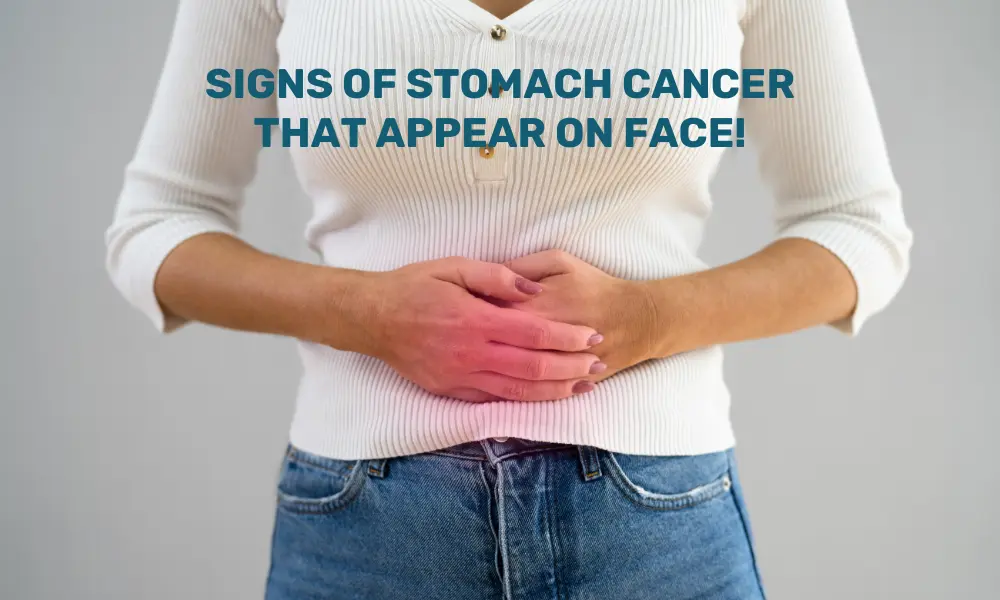You don’t need vitamins and minerals if you don’t have a disease. According to Dr. Anoop Misra, Chairman, Fortis CDOC Center for Diabetes. Regular exercise and a healthy diet that includes lots of fruits and vegetables should be sufficient.
A 60-year-old man sought my advice regarding his decreased appetite. Upon questioning, he produced a list of the 17 supplements he was taking (written on a piece of faded paper). These included steroids, hormones, and vitamins. Investigations revealed a frayed liver (high liver enzymes indicating liver damage), while urine analysis revealed plenty of proteins (indicating kidney damage). He claimed he just wanted to live longer than others by ingesting these “energy-giving supplements”. I stopped all his supplements, and his liver and kidneys gradually recovered. I warned him, “By consuming this dangerous cocktail of supplements and hormones, you may live shorter than others.”
Another patient who came to me had kidney failure while exhibiting extremely high calcium levels. He bought some Vitamin D pills over the counter and without consulting a doctor, took one sachet containing 60,000 units of vitamin D daily for three months (meant to be taken once weekly for a limited time in those with vitamin D deficiency). When questioned, he claimed, “I had heard that all of us have Vitamin D deficiency, so I started taking it daily”. We were able to gradually lower his calcium levels after we had to admit him. His kidney function also got better.
Are vitamins and supplements really necessary?
These types of vitamin and supplement misuse were demonstrated in both cases. The takeaway is that you do not need vitamins and minerals if you are healthy and have no diseases. Regular exercise and a nutritious diet full of fruits and vegetables should be sufficient. Enough vitamins and minerals can be obtained from the following sources: vitamin D from sunlight exposure, calcium from milk, curds, cheese, etc., vitamin B12 from the liver, seafood, and soy products, and protein from non-vegetarian sources like nuts, lentils, Bengal gramme, flaxseeds, and soy products.
Both pure dietary supplements, such as vitamin B12, fish oil, vitamin D, and whey protein, are available (multi-vitamins include a few to 30 or more vitamins and minerals together). The latter is widely ingested.
When are supplements necessary?
A doctor or nutritionist should provide advice to a patient. Numerous vitamins are deficient when food absorption in the intestine is reduced (due to malnutrition, pancreatic inflammation, or intestinal surgery). Vitamin and protein supplements are necessary for patients who have lost much weight due to cancer and liver disease. People who consume significant alcohol over an extended period become vitamin deficient. Supplemental vitamins, calcium, and protein are necessary for those with weak muscles and fragile bones. Numerous conditions, such as worm infestations, intestinal ulcers, and heavy menstrual periods in women, call for iron supplements.
Remember that multiple vitamin and protein deficiencies can develop following any acute infections (viral or bacterial) and that these deficiencies have been observed to manifest severely in people with COVID-19 infections. Pregnant women need vitamins to prevent congenital disabilities in their offspring. Protein and vitamin B12 deficiencies are possible in some vegetarians. Thiamine supplementation is required for people going through alcohol withdrawal.
Multi-vitamins are frequently prescribed to diabetic patients. Those taking metformin, a commonly prescribed medication, will require vitamin B12. Multivitamin and vitamin D supplements are necessary for people with long-term diabetes who are frail, have poor appetites or have intestinal muscle dysfunction (caused by severe nerve damage). Patients with kidney dysfunction should be given protein supplements with extreme caution. Triglycerides are blood fats that are commonly high in diabetic patients and can be effectively treated with fish oil supplements (made from oils of salmon and other fatty fish).
The gym warning
In gyms, young men who want to bulk up are given protein supplements. These may be useful. However, one must accurately calculate total protein consumption based on body weight. Anabolic steroids and other supplements like them ought to be avoided. Many gyms distribute these supplements by unqualified individuals.
Some other vitamins may also be harmful if taken in excess, similar to calcium and excess vitamin D (see second patient above). If you smoke or have smoked, stay away from beta-carotene and vitamin A, but consuming it naturally from foods is okay if you’re pregnant. Prostate cancer risk may be raised by excessive vitamin E intake over time.
A multivitamin is ineffective for this.
Some people believe that taking one multivitamin tablet will provide them with adequate amounts of all the vitamins and minerals, but this is untrue. Vitamin B12, folate, calcium, iron, vitamin D, and other specific vitamins/mineral deficiencies need to be treated with pure specific vitamins/minerals (tailored therapy), which are given in doses that are 5–10 times higher than those found in a multivitamin capsule or tablet. Vitamin injections are necessary for severe vitamin deficiencies.
Finally, it’s a myth that taking vitamins and minerals regularly will shield you from cancer or heart disease. There is no proof that this will happen in people who consume various fruits, vegetables, and healthy diets and those who exercise outdoors in the sunlight. A daily multivitamin cannot replace a wholesome diet and regular exercise.




